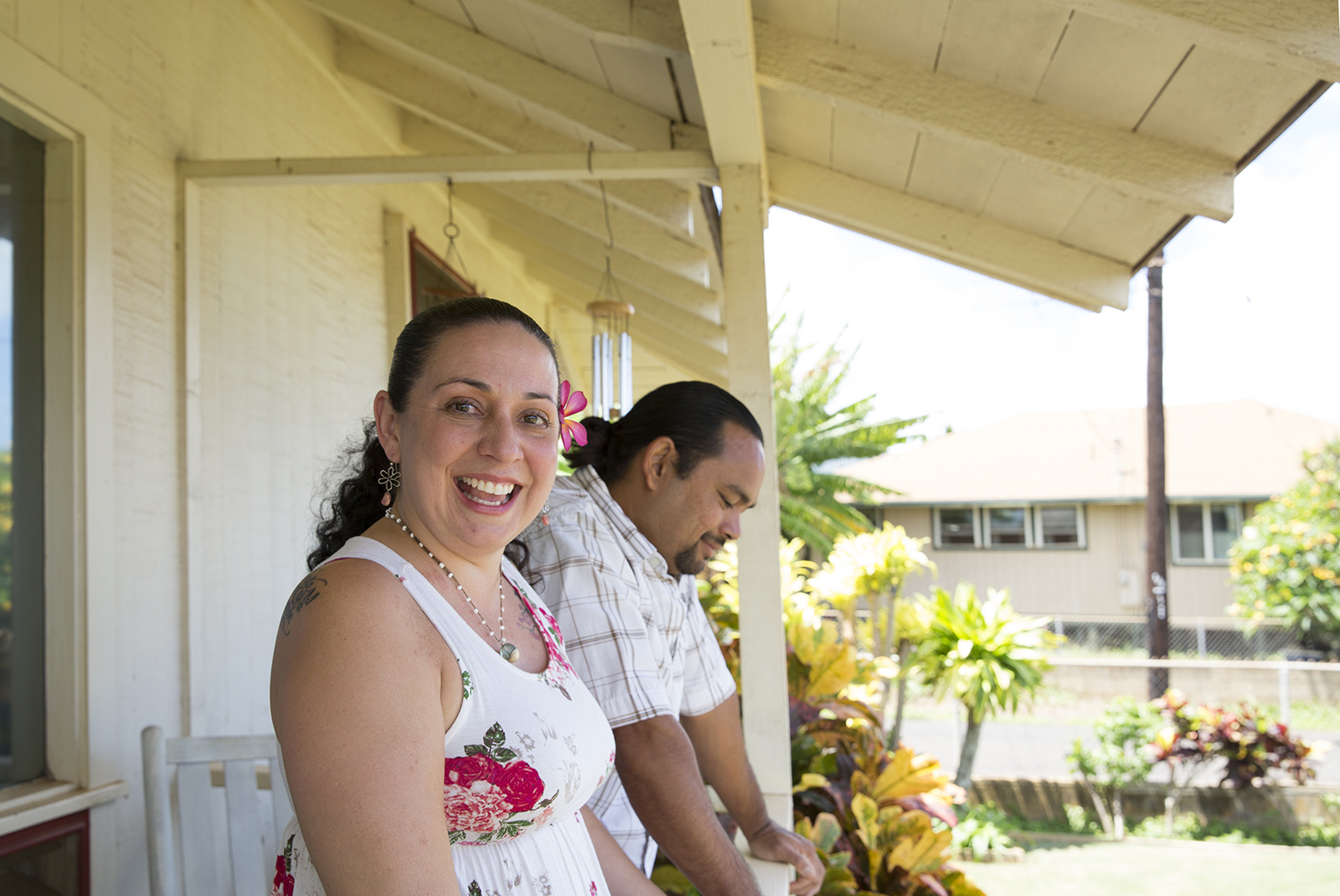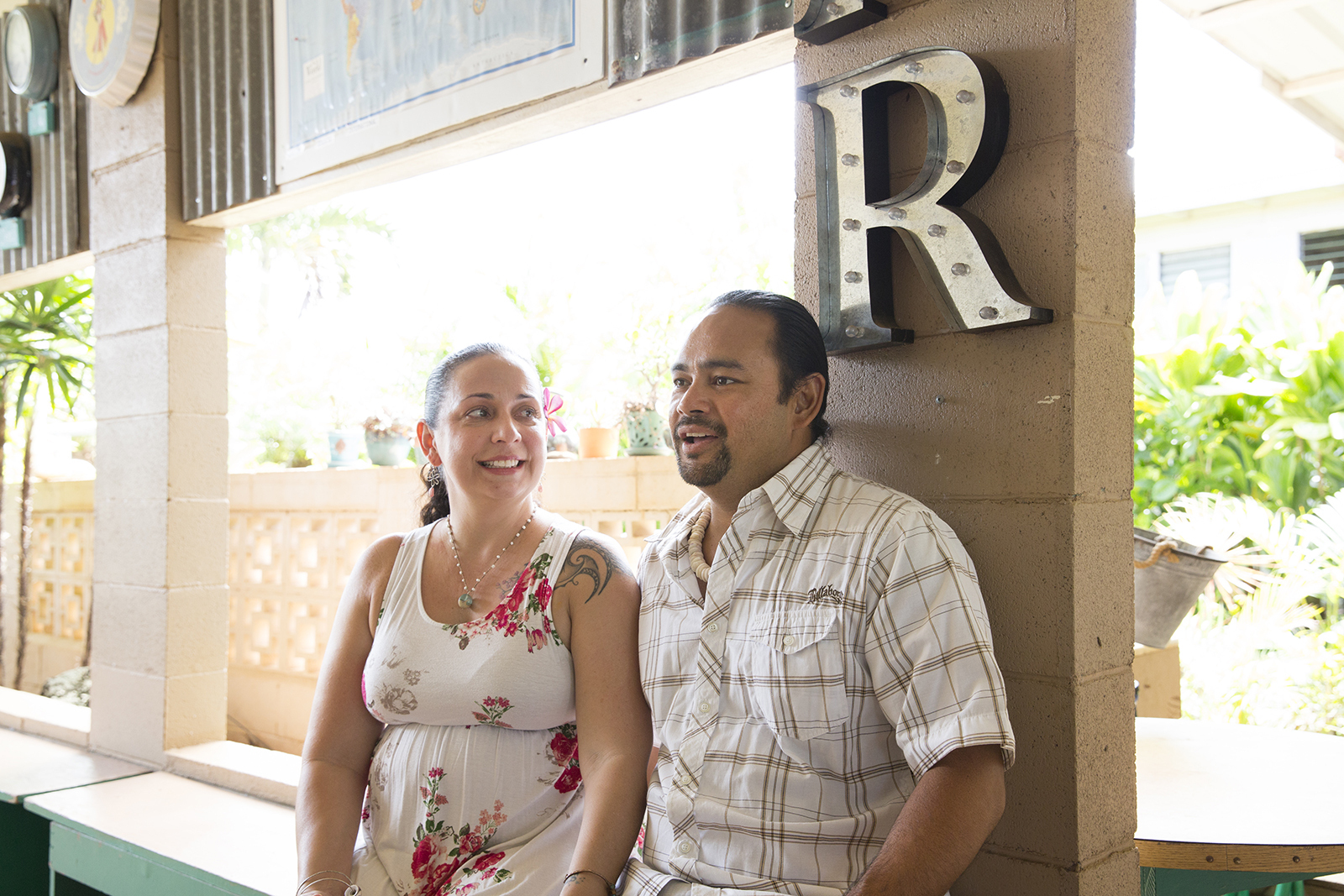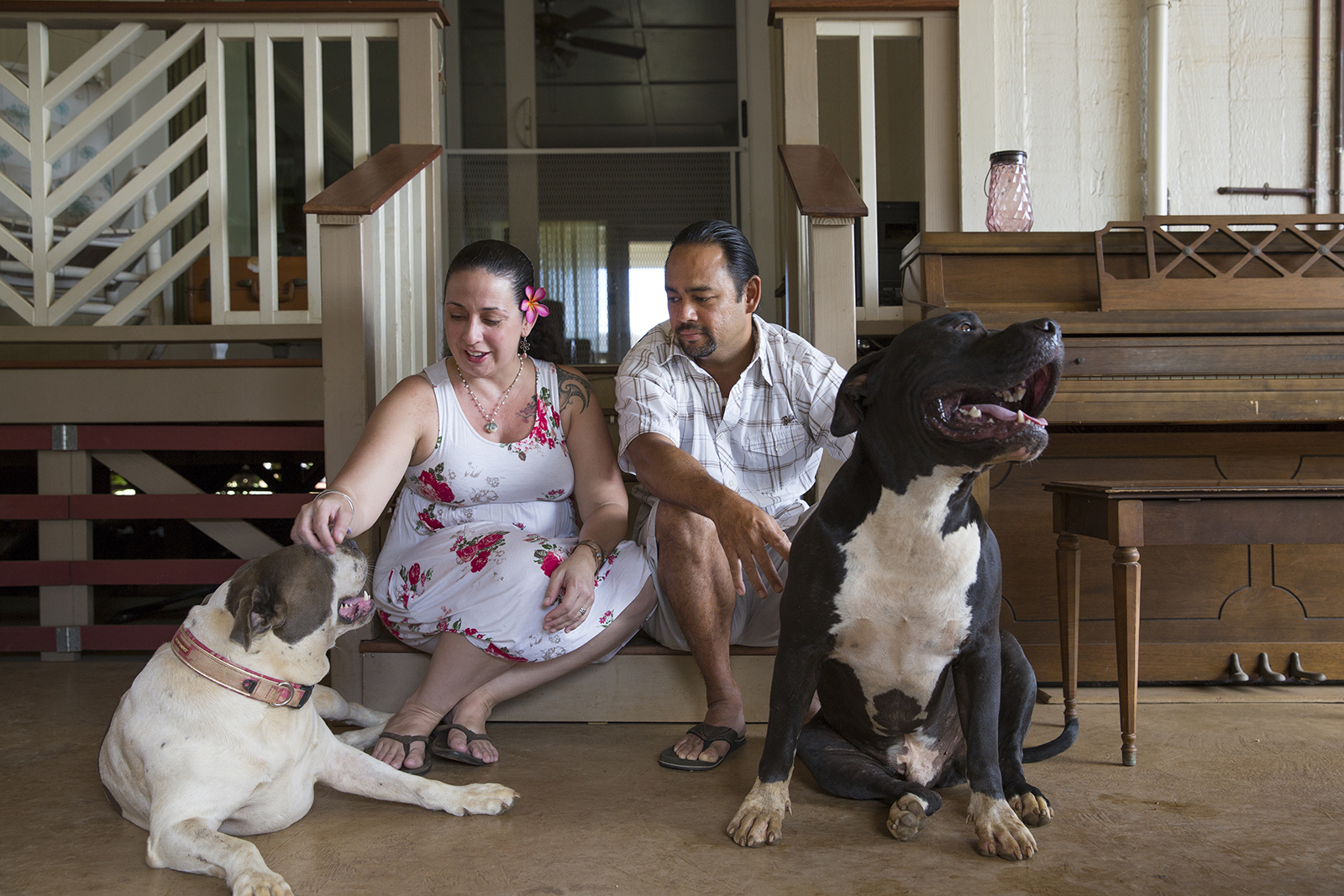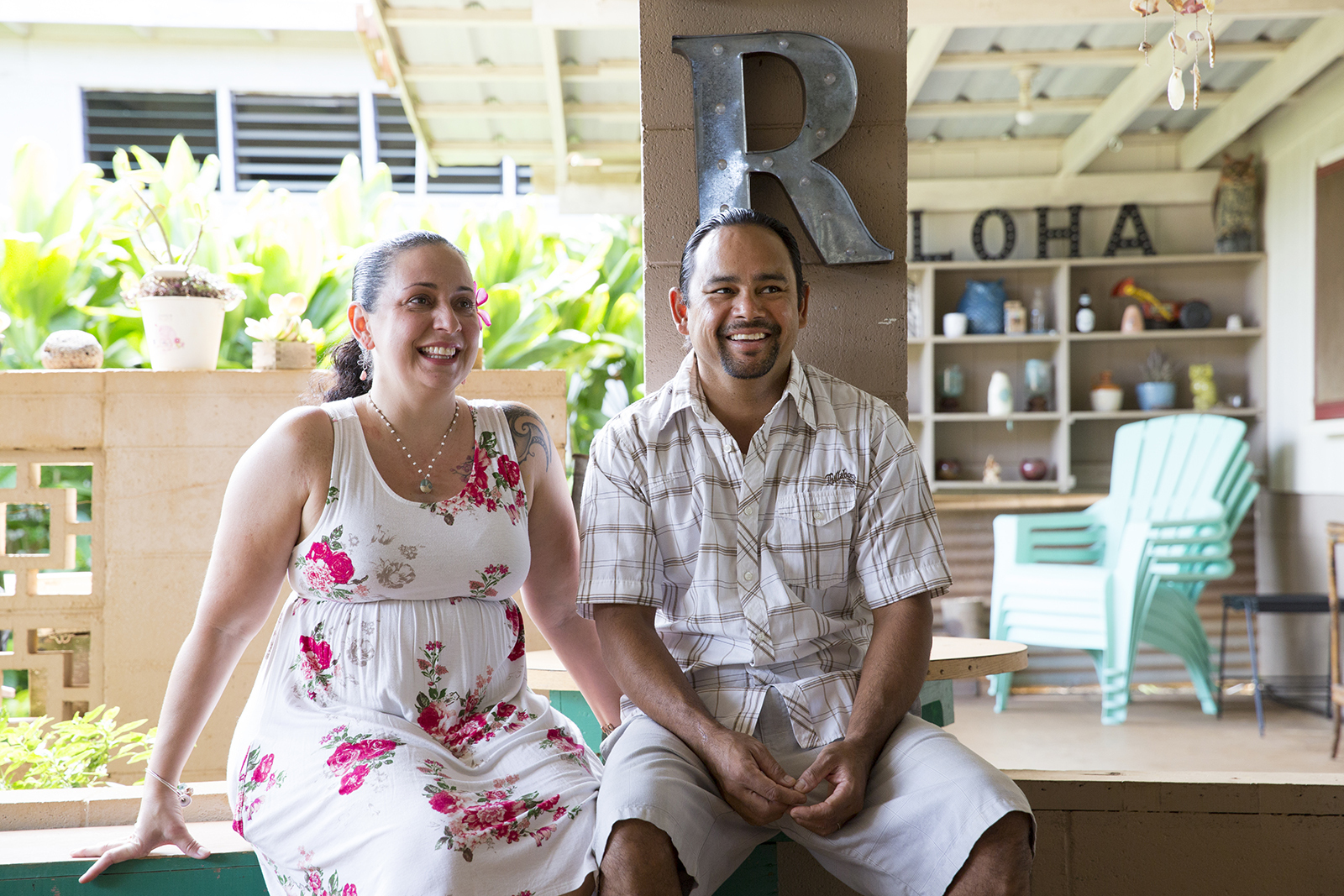Oʻahu hosts convey Hawaiʻi’s aloha spirit through home sharing

Meet Angel and Duke: Local Oʻahu residents and passionate Airbnb hosts. Duke, a native Hawaiian, and Angel, an ER nurse and 20-year resident, love their island. “It’s simply beautiful,” says Angel. “The people here are overwhelmingly friendly and treat you like ʻohana (family).”
The couple’s first introduction to Airbnb was during a trip to New Zealand, and they immediately fell in love with the spirit of home sharing. “All of our hosts were wonderful, and from the moment we arrived they treated us like friends,” says Angel. “After our trip we thought to ourselves ‘we have some extra space,’ and decided to try hosting; that was almost four years ago.”
“We like to forge lasting memories and real friendships with our guests.”

They share space in their primary residence, and enjoy welcoming guests from all over the world into their home and city. “We enjoy barbecuing with our guests, playing with the dogs together, sharing stories and providing local recommendations,” says Duke. “We like to forge lasting memories and real friendships with our guests — it’s hard to get that experience staying in a hotel.” Many times, Duke and Angel’s hospitality is reciprocated when traveling. “We stay in touch with many of our guests,” notes Duke. “We were able to connect with former guests in Germany, and it was great to see them and explore together.”
“Airbnb has opened up doors for us to afford to stay in Hawaiʻi.”

In addition to the lasting connections with guests, Angel and Duke also acknowledge the economic impact of home sharing for their household, travelers and the island of Oʻahu. “Our Airbnb income allows us to save and travel, but the main benefit is that it helps us take care of our hānai daughter,” says Angel. “She is a local neighborhood girl that we help support, and the additional income has allowed us to nurture her, help fund her first vacation, and provide things she may need for school.”
For Duke, the effects of home sharing on travelers’ wallets and the city’s economy is significant. “A typical hotel room in Oʻahu can reach upwards of $300,” says Duke. “Now imagine if a guest instead spent $100 on an Airbnb and spent that remaining $200 throughout the community at local businesses — that would greatly impact the city — that’s what home sharing provides.”
“Our goal is to be the ambassadors of aloha.”

The City of Honolulu is considering new short-term rental rules, including a plan that could double the property taxes of all hosts who share their homes. While Angel and Duke appreciate the City’s proposal to legitimize home sharing across Oʻahu, they’re concerned the new rules and tax increase may take away a vital source of income for many residents. “As a Hawaiʻi native, born and raised, it’s really hard to make a living here,” says Duke. “Family members have had to move to the mainland because it’s so expensive. Airbnb has opened up doors for us to afford to stay in Hawaiʻi. If the city raises our property taxes just so we can share our home, it will make things a lot harder, and that will hurt us.”
For Duke, home sharing is a way to convey Hawaiʻi’s culture and spirit. “Our goal is to be the ambassadors of aloha,” he says. “When people come I want them to feel like they’re my family, and to share food, share stories, and share what we have. If we can leave that impression on one guest, that’s an experience they can share with their friends and family, and that’s what the aloha spirit embodies.”